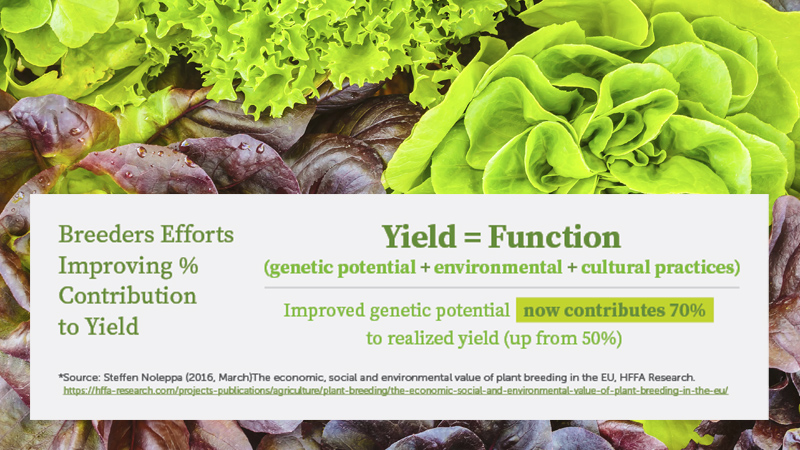The Secret Behind Tastier Tomatoes? It’s in the Genes
In the quest to find a tasty tomato among today’s relatively bland pickings, researchers have identified certain chemicals that contribute to flavor.

Harry Klee
Harry Klee, a UF/IFAS Professor of horticultural sciences, led an international research team on the project. The team, which included scientists from China, Israel, and Spain, first set out to find which of the hundreds of chemicals contribute the most to taste. Then, modern tomatoes were put under the microscope. According to Klee, today’s tomato selections lack sufficient sugars and volatile chemicals critical to better flavor. Those traits have been lost during the past 50 years because breeders have not had the tools to routinely screen for flavor.
Researchers dug deeper and studied “alleles,” the versions of DNA in a tomato gene that give it its specific traits. “We wanted to identify why modern tomato varieties are deficient in those flavor chemicals,” Klee stated. “It’s because they have lost the more desirable alleles of a number of genes.”
Scientists were able to pinpoint locations of the good alleles in the tomato genome. From there, genes that control synthesis of all the important chemicals were mapped. Once found, the team used genetic analysis to replace bad alleles in modern tomato varieties with the good alleles, according to Klee. “We’re just fixing what has been damaged over the last half century to push them back to where they were a century ago, taste-wise. We can make the supermarket tomato taste noticeably better.”
Klee said the genetic traits from his latest study may take about three or four years to produce new tomato varieties.
The study is published in the journal Science.









